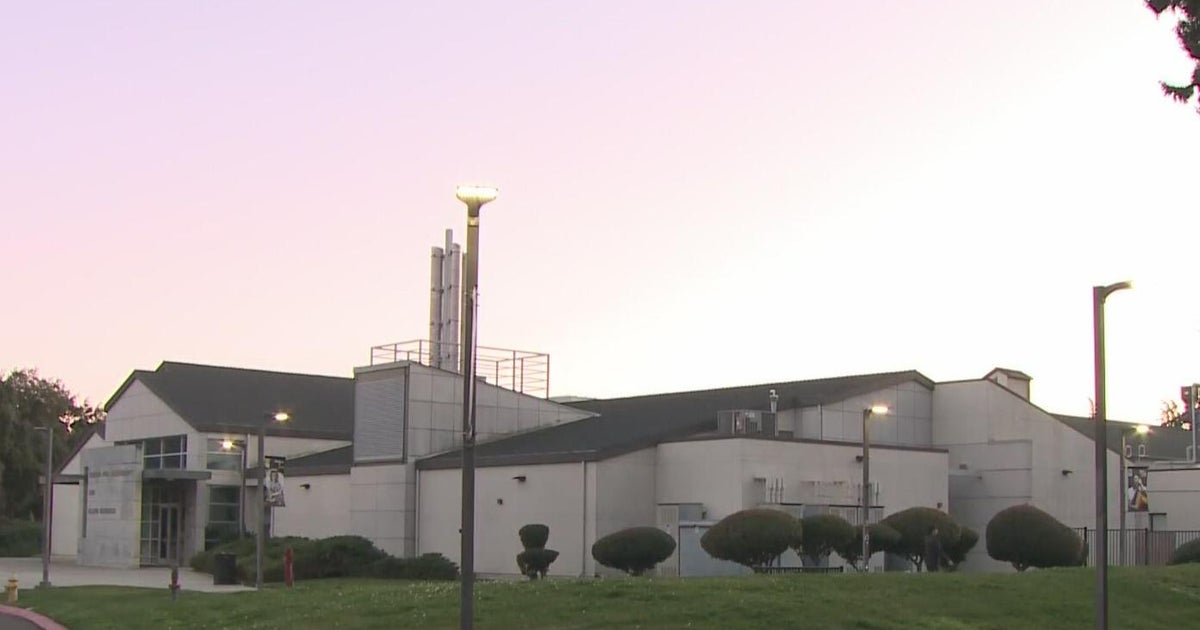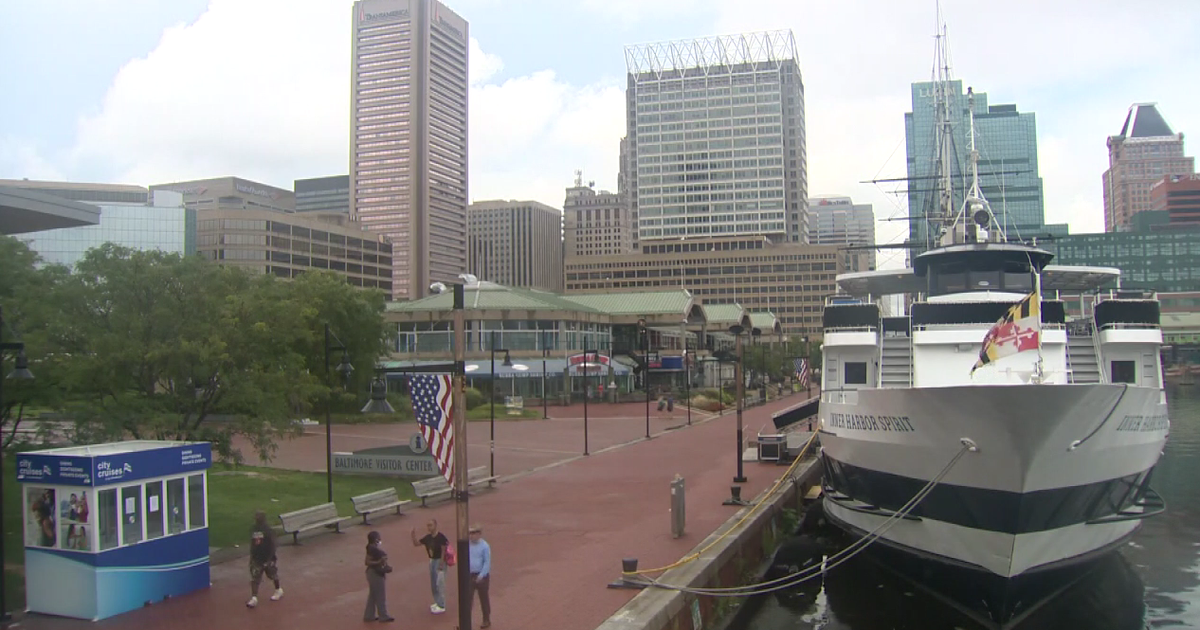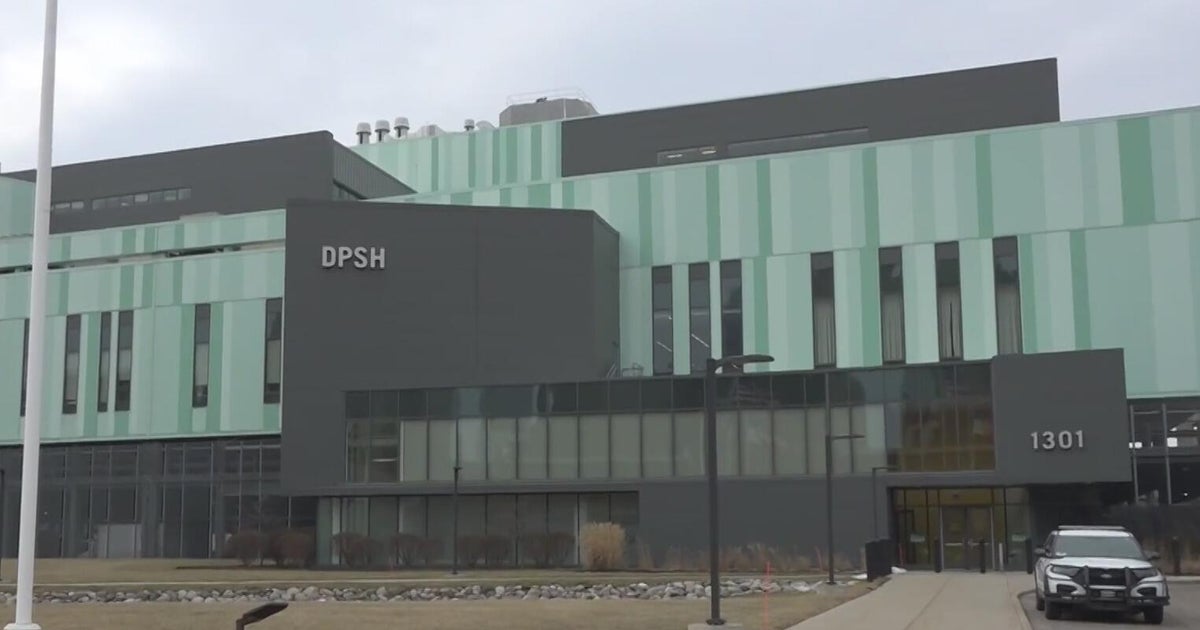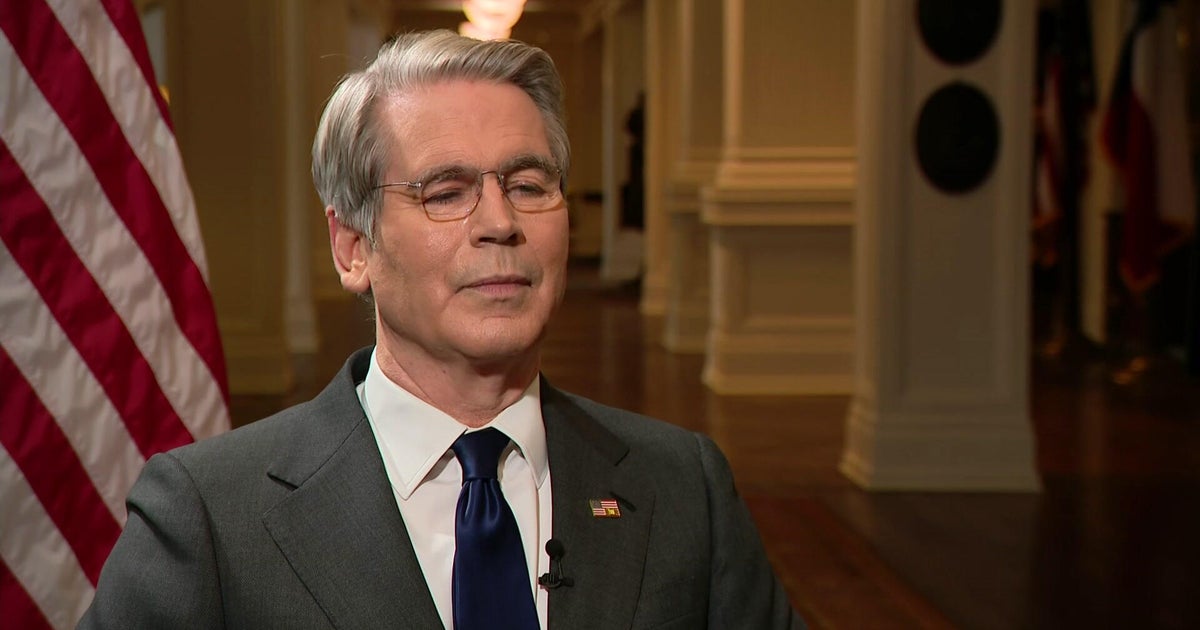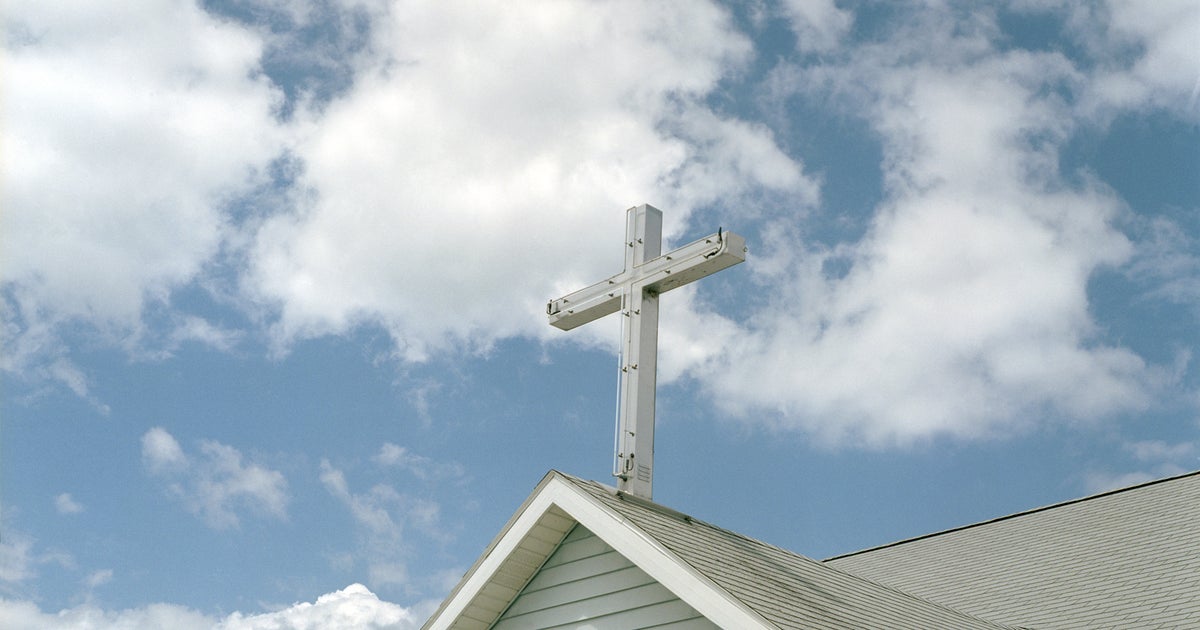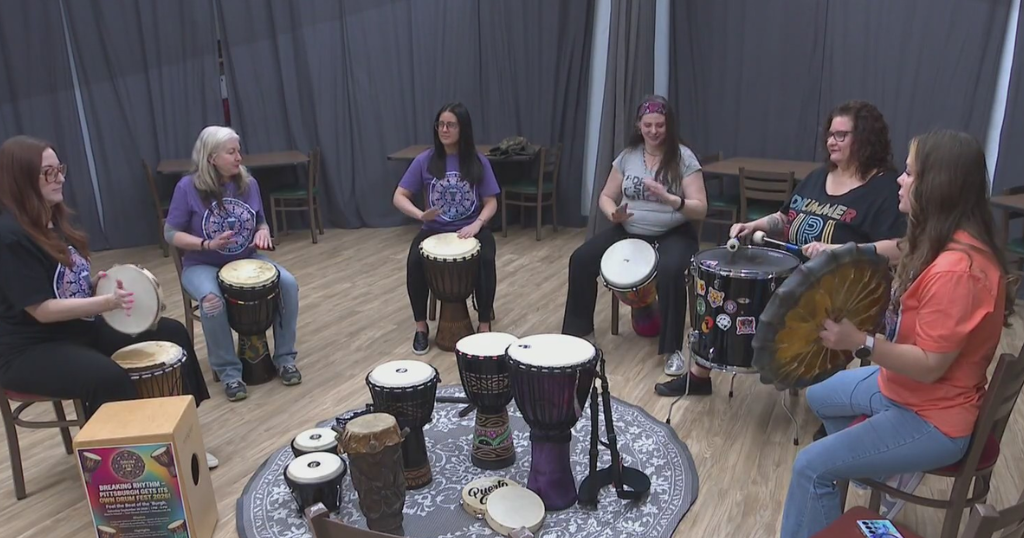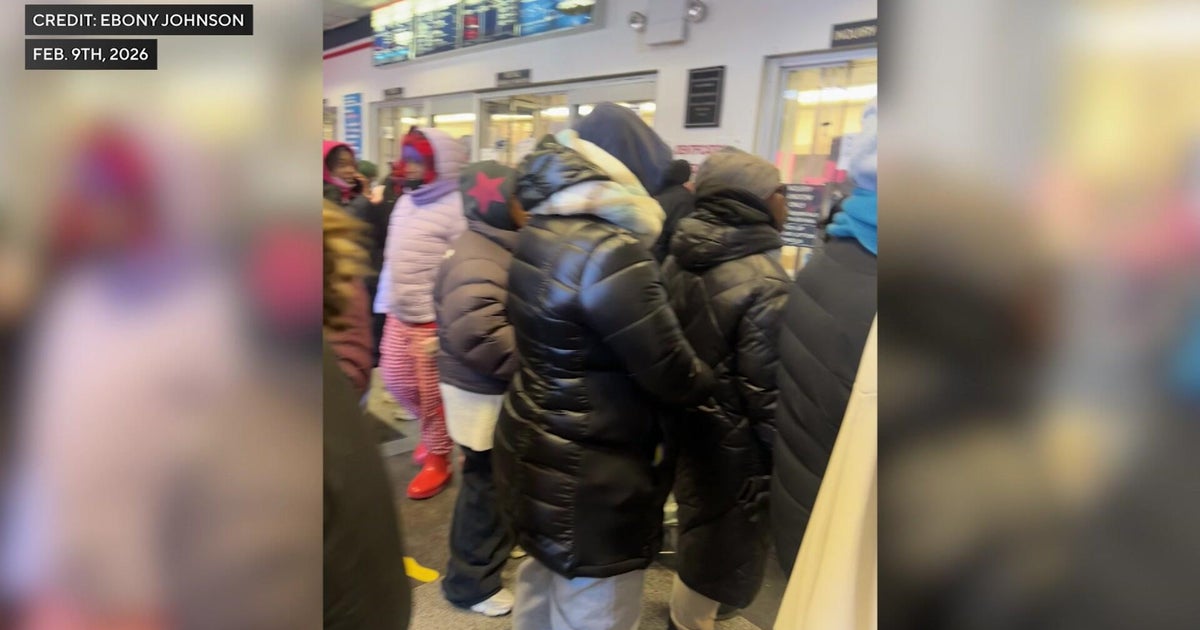Delta, American Airlines, United Airlines Suspend Flights Between US, China
NEW YORK (AP) — Delta Air Lines, United and American Airlines said Friday they will suspend all flights between the U.S. and China, making them the first U.S.-based airlines to do so and joining several international carriers that have stopped flying to China as the coronavirus outbreak continues to spread.
American said it will halt the flights starting Friday and running through March 27. Delta plans to wait until Feb. 6 to suspend China operations to help travelers in China leave the country. Delta said it will stop the flights through April 30.
All three of the U.S. carriers had reported a steep decline in bookings to China.
For American and Delta, their decisions to suspend all flights there might have been forced when international experts labeled the coronavirus a global public-health emergency. American was under extra pressure after the union representing its pilots sued to halt the flights and told its members not to fly to China because of the health risks.
Several major international airlines, including Air France, British Airways and Scandinavian Airlines, had already suspended service to China.
As the number of flights in and out of China dwindles, passengers on the planes that are still flying face an eerie scene.
On a flight from Shanghai to New York, nobody spoke for fear of spreading germs. Flight attendants donned masks to serve drinks to passengers, who were also wearing masks. A woman who flew 14 hours from Shanghai to New York said she changed her white face mask every four hours to make sure it was clean.
On a flight from Amsterdam to China, frightened passengers protested when they realized that a man from Wuhan, the epicenter of the outbreak, would be on the plane, said Chris Van Heesch, a 50-year old from the Netherlands. In the end, the man was allowed to fly.
At Hazrat Shahjalal International Airport in Bangladesh, passengers arriving from Beijing on Wednesday walked through thermal scanners to check for fevers. As their disembodied faces appeared on a nearby screen, most of their heads looked green, indicating a normal body temperature, but the machine beeped loudly when one man's forehead appeared red. He was shuttled to the side where a woman took his temperature with a device shaped like a bar code scanner.
"One hundred one degrees," she called out.
Meanwhile, an airport worker pushed health cards into departing passengers' hands urging them to contact health authorities if they have a fever within 14 days of arrival.
"The number of infected people in Beijing is relatively low — over 100. But it is much higher in Wuhan," said Mohammed Raihan, a Bangladeshi student who attends Capital Medical University in Beijing. "That's why I've come back. All the schools and universities have been shut down indefinitely."
A similar scene played out in Kathmandu, Nepal, where masked passengers were greeted with large, illustrated signs imploring them to visit the health desk if they have symptoms including high fever, muscle pain, headaches or hemorrhaging.
Health experts said Thursday there's significant evidence the virus is spreading among people in China and were concerned that in other countries — including the United States, France, Japan, Germany, Canada, South Korea and Vietnam — where there have also been isolated cases of human-to-human transmission. The new virus comes from a large family of coronaviruses, some of which cause nothing worse than a cold.
Flight cleaning crews are taking extra steps to protect themselves. Crews already fully disinfect arm rests, window shades and other hard surfaces after international flights on United Airlines. But if a plane carried a passenger with suspicious symptoms, the cleaning crew will don face shields, goggles and long-sleeved gowns while they clean with a disinfectant approved by the Centers for Disease Control, said United spokesman Charlie Hobart. A plane would be taken out of service and fumigated if a passenger had a confirmed case of coronavirus, he said.
John F. Kennedy International Airport resembled a hospital corridor where everyone from passengers to luggage handlers wore face masks.
Jarvan Lee, a 25-year-old student from New York, came to JFK to pick up family friends arriving from Beijing wearing a black mouth cover with two air filters. He bought it five days ago from Amazon for $30 and plans to wear it at the mall or anywhere else he's around a lot of people. "I'm worried," he said of the virus.
Helen Lewis, who pushes passengers in wheelchairs to their flights, began wearing gloves Sunday and asks coughing passengers to cover up their mouths.
"You don't know who you're carrying," said the 62-year-old New Yorker.
Bill Chen, who arrived in San Francisco from Shanghai on Wednesday, said his temperature was quickly screened at the Shanghai airport before he departed. He also filled out a health questionnaire that asked if he had traveled to Wuhan or had any contact with someone who had been in the city.
"I feel a little bit sorry for people traveling on the plane," Chen said. "People have to be nervous."
Copyright The Associated Press. All Rights Reserved. This material may not be published, broadcast, rewritten or redistributed.

